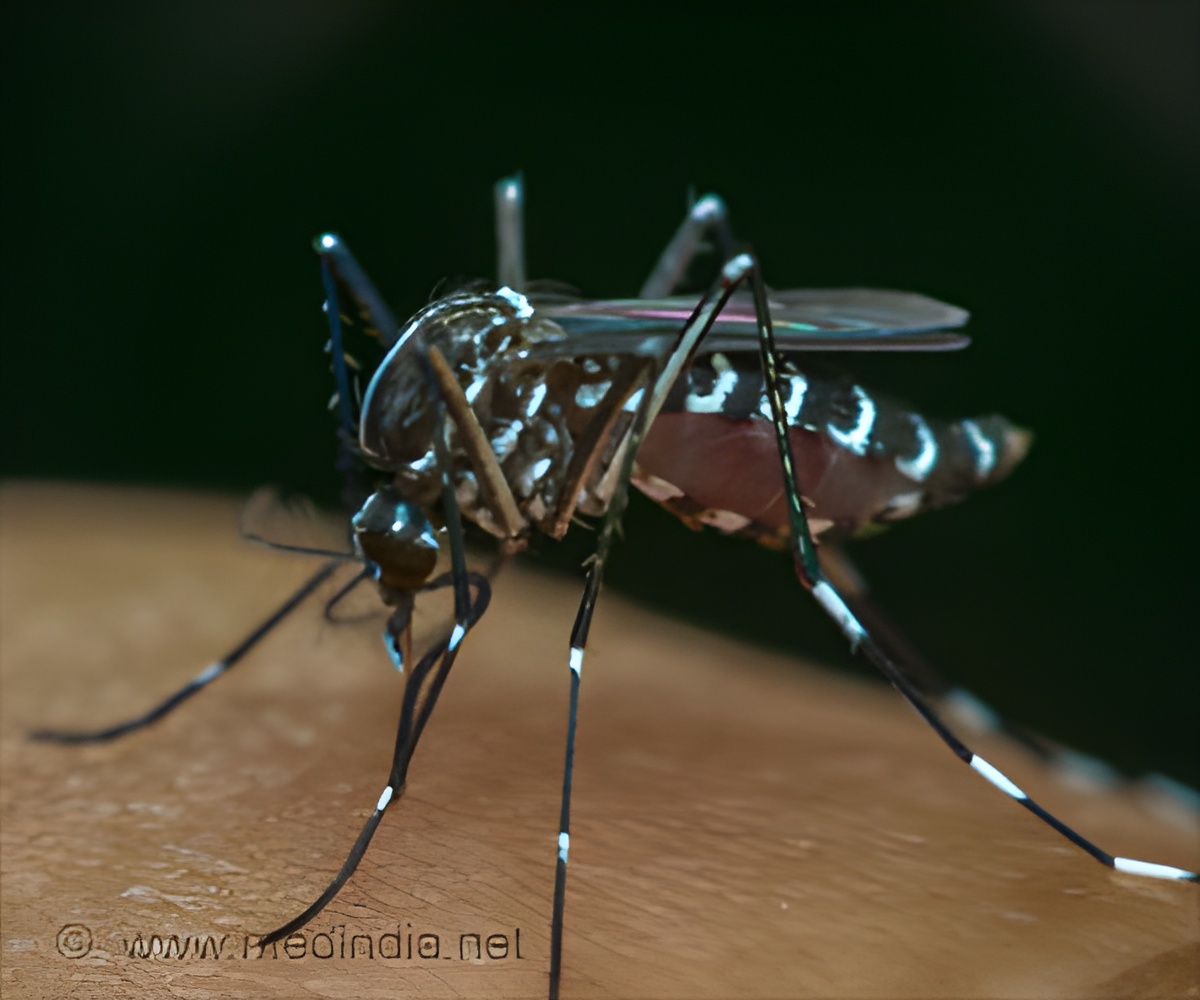All cases with an uncertain diagnosis should be treated as dengue because the risk of death from dengue is higher than from Zika and chikungunya.

‘New methods that are capable of distinguishing Zika and dengue antibodies have been developed. But, so far they are used only in academic research.’





The material was supplied by Hospital de Base, which is also FAMERP's teaching hospital, and by the city's health department.The initial diagnosis, based on clinical symptoms and serological tests, was confirmed in only 400 samples. More than 100 of the cases analyzed were positive for Zika virus, and the virus that causes chikungunya fever was identified in one of the samples.
None of the three arboviruses transmitted by Aedes aegypti was found in the remaining samples (almost 300). The researchers suspect these patients probably had the flu or some other viral disease. Their findings were published this month in the Journal of Clinical Virology.
"These results suggest the classic division usually made between symptoms - associating conjunctivitis with Zika and joint pain with chikungunya, for example - is only for classroom use. In practice, the symptoms can't be separated like that," Nogueira said. "It's also practically impossible to distinguish between the three arboviruses with the serological tests currently used on a routine basis by laboratories and emergency services."
Although new serological methods capable of distinguishing accurately between Zika and dengue antibodies have been developed, so far they are used only in academic research, he added.
Advertisement
The World Health Organization (WHO) recommends that all cases with an uncertain diagnosis should be treated as dengue because the risk of death from dengue is higher than from Zika and chikungunya.
Advertisement
"Rest and oral rehydration at home are usually sufficient for people with Zika, except pregnant women," he said. "A dengue patient, however, must return to the health service for intravenous rehydration and undergo more complex tests. In particular, platelet levels have to be monitored owing to the risk of hemorrhage."
For Nogueira, false positives are, above all, a cause for concern because they create uncertainty about official epidemiological statistics.
Uncertainty about the statistics tends to undermine the effectiveness of public policy to prevent and treat diseases, Nogueira added, in addition to hindering studies of the cost effectiveness of dengue vaccines and (in the future) Zika vaccines.
"If the estimated number of cases is wrong, vaccine cost-effectiveness estimates will also be wrong," he said.
Source-Eurekalert








